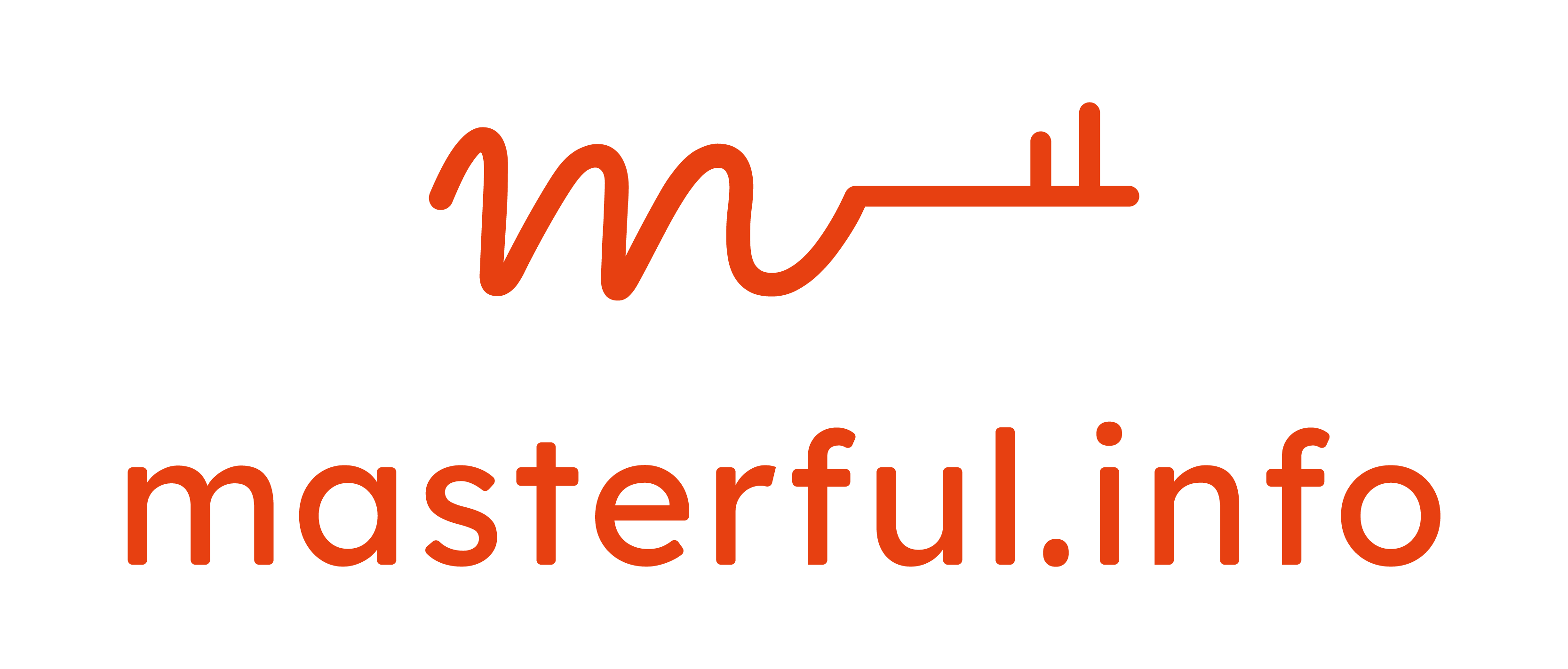In the world of business, there’s one golden rule that cannot be overstated: “Know your audience.” This principle is the bedrock of effective marketing and, by extension, the driving force behind boosted revenue and success. But what exactly does it mean to know your audience? And why is it so important?
Knowing your audience refers to the thorough understanding of your customers’ characteristics, preferences, needs, and behaviors. It is a crucial aspect of crafting a marketing strategy that not only attracts potential customers but also converts them into loyal patrons.
Why is it important to know your audience?
- Targeted Marketing: Knowing your audience enables you to create personalized, targeted marketing strategies. When you understand who your audience is, what they want, and how they behave, you can tailor your messages to resonate with them specifically. For instance, if you’re a fitness company targeting young professionals, a marketing campaign focusing on quick, efficient workouts for busy schedules might be more appealing than one promoting leisurely, hours-long sessions.
- Improved Product or Service: With a deep understanding of your audience, you can tweak your offerings to better meet their needs. For example, an e-commerce clothing brand that recognizes its audience values sustainable, ethical production might start sourcing materials from certified eco-friendly suppliers, thereby increasing its appeal.
- Increased Customer Loyalty: By catering to your audience’s specific needs and preferences, you show that you value their input and are committed to their satisfaction. This can significantly improve customer retention and loyalty. For a software company, this might mean implementing features that users have requested, showing customers that their feedback is essential and valued.
- Better Customer Communication: Knowing your audience helps determine the best channels and methods to reach them. A younger audience might be more receptive to Instagram posts or TikTok videos, while an older demographic might prefer email newsletters or direct mail.
- Enhanced Competitive Advantage: In-depth knowledge of your audience can help you differentiate yourself from competitors. By understanding what your audience values, what they dislike about competitors, and what gaps they see in the market, you can tailor your offerings to fill those gaps.
What happens if you don’t know your audience?
The consequences of not knowing your audience are, quite simply, missed opportunities and wasted resources. Marketing campaigns may fail to resonate, leading to poor conversion rates and low ROI. In contrast, your product or service may not meet your customers’ needs, leading to low satisfaction and churn.
Moreover, without knowing your audience, you run the risk of damaging your brand’s reputation. If, for instance, you’re a brand that prides itself on being eco-friendly, and you target consumers who do not value sustainability, you might find your efforts misunderstood or even criticized.
Practical Examples of Knowing Your Audience
Example 1: Domino’s Pizza offers a practical example of the importance of knowing your audience. In 2008, the company faced a significant reputation crisis due to the perceived poor quality of its pizza. They decided to revamp their entire product based on customer feedback and re-market it with a brutally honest campaign admitting their past faults and highlighting their improvements. This strategy wouldn’t have worked if they hadn’t understood their audience’s values of authenticity, honesty, and quality in food. The result? Domino’s saw a massive turnaround in sales and reputation.
Example 2: Another example is how Netflix uses big data to know its audience. They analyze viewing habits to understand what their viewers like and then use this information to guide their original content creation. This strategy resulted in highly successful shows like “House of Cards” and “Stranger Things,” which were created based on user viewing patterns and preferences.
Conclusion
In conclusion, understanding your audience is crucial for any business. It allows you to create targeted marketing strategies, improve your product or service, foster customer loyalty, enhance communication, and gain a competitive advantage. In contrast, not knowing your audience can lead to inefficient marketing, decreased customer satisfaction, and a potentially damaged brand reputation.
Remember, knowing your audience is not a one-time task but a continuous process that evolves as your audience changes. Utilize market research, customer feedback, and data analysis to keep up with these changes and tailor your business strategy accordingly.





